From Dhaka to the world: Rayana Hossain’s mission to highlight Bangladeshi craftsmanship

What does it take to bridge the gap between tradition and modernity? How can design not only shape lifestyles but also empower communities and preserve cultural heritage? For Rayana Hossain — Founder, ISHO and Director, DEKKO ISHO Group — these were not just abstract questions but challenges waiting to be tackled.
Urban homes in Dhaka were shrinking, lifestyles were changing and yet, the available furniture remained outdated and impractical for modern living. However, for Hossain, this was not just a gap in the market but a chance to redefine design thinking in Bangladesh and beyond.
Having grown up in a family deeply rooted in manufacturing, she understood the industry's potential. Yet, she also saw an opportunity to challenge conventions, push boundaries, and build something bigger than just another furniture brand.
Her mission became clear: to craft products that merge functionality with aesthetics while championing Bangladeshi artisans on a global stage.
A data-driven approach to design
From the very beginning, Hossain emphasised research.
"Design is not just about aesthetics," she explains. "It's about understanding how people live, what they need, and how a product can enhance their lifestyle."
She incorporated extensive customer research, data analysis, and focus groups to ensure every design aligned with what people truly wanted. However, one thing she remained firm on was maintaining her design ethos.
"A lot of people want something big and ornate, but our approach has always been about minimalism and functionality." She carefully analysed her target audience — their age, income level, and lifestyle – before creating new designs. "You cannot just wake up and decide to make a chair. Every design has to have a purpose," she states.
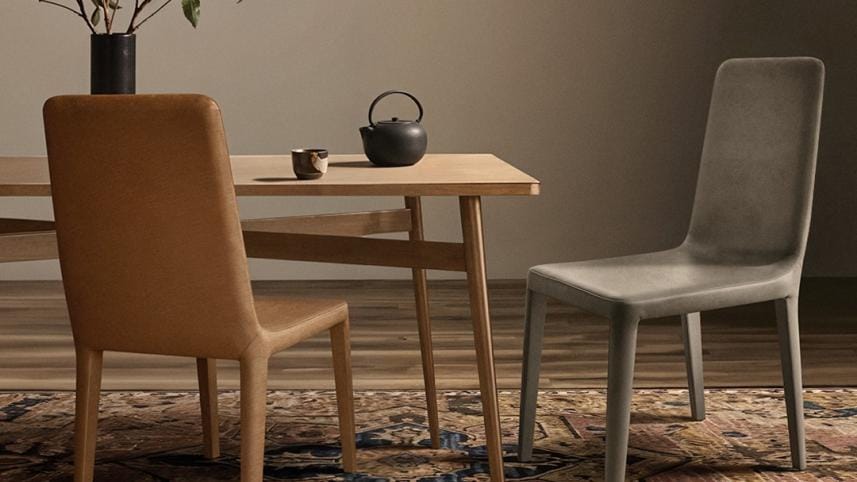
This meticulous approach gave her confidence from the start. "I was not scared of failing because we had done our research. We knew there was a need for what we were doing."
And so, ISHO was born — not just as a furniture brand, but as a design movement, driven by research, innovation, and a deep understanding of modern living.
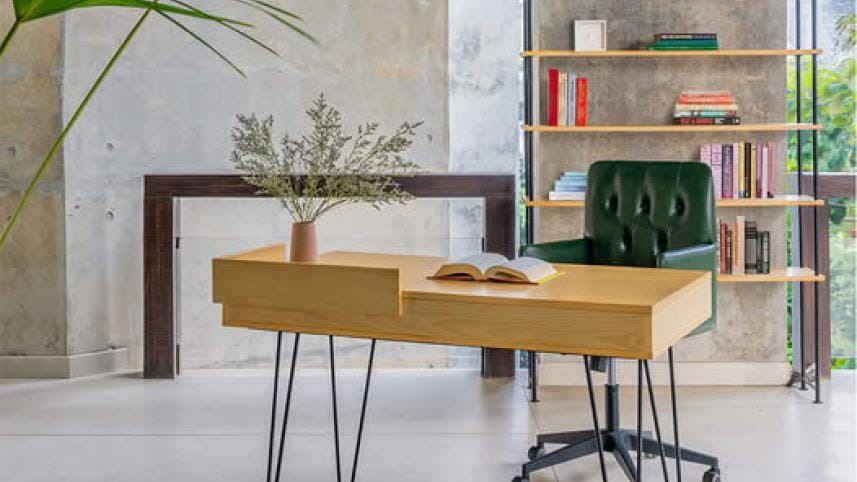
Expanding beyond borders: The birth of FICO
Hossain's ambitions, however, were never limited to Bangladesh. She always envisioned expanding into the global market, and now, she is bringing that dream to life with FICO, a new design venture primarily intended for the European market.
What makes FICO special is that, while it caters to an international clientele, it deeply incorporates Bangladeshi craftsmanship and heritage. She is using local materials, such as Jamdani screen prints, to create modern silhouettes that can seamlessly fit into contemporary European homes.
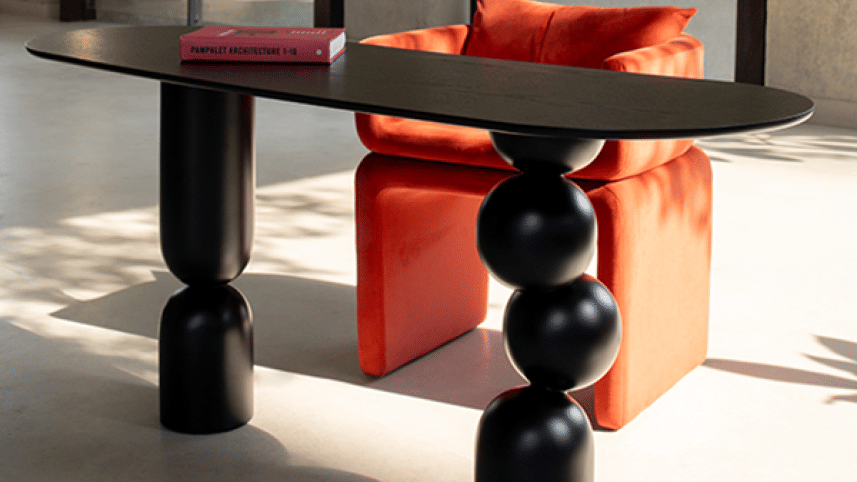
"For me, this is more than just design. It's about taking the artistry of Bangladesh to the world," she says. "We have a rich history of craftsmanship, and it's time the world sees that in a new light."
She firmly believes that Bangladesh has both the design capability and manufacturing expertise to establish itself as a premium global brand. "We do not need to limit ourselves to being a production hub for others. We can build our own identity in the global market," she adds.
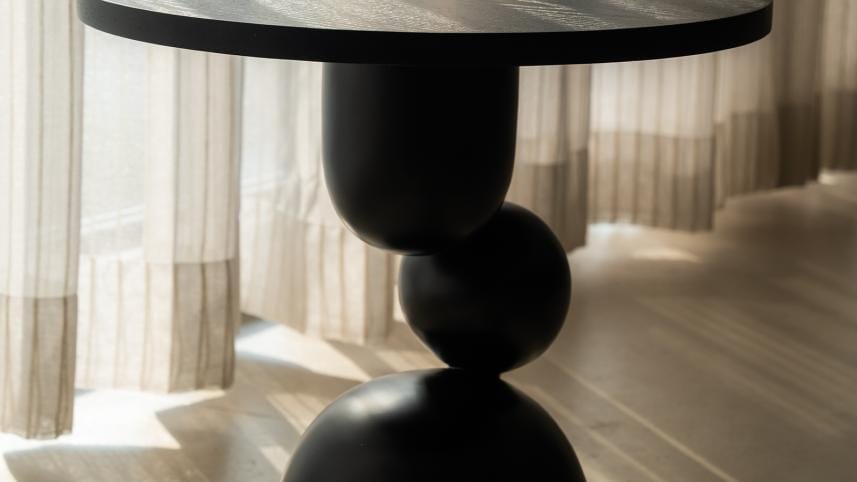
Making art more accessible
Hossain's passion for art and design extends beyond furniture. She has also launched an art platform, named Platforms, that connects local artists with both domestic and international buyers.
The initiative was born out of the realisation that many people, especially those living abroad, want to invest in Bangladeshi art but do not know where to find authentic pieces. There is also widespread uncertainty about the authenticity and certification of artworks, which discourages buyers.
Her platform ensures that all featured artworks are verified and certified, giving both junior and senior artists an opportunity to showcase their work. The goal is not only to make Bangladeshi art more accessible but also to create global recognition for local artists.
"Many people have no idea about the kind of artwork being produced in Bangladesh. Through this initiative, we are changing that narrative and positioning our artists on the global stage," she remarks.
A passion-driven entrepreneurial journey
Despite running multiple ventures, Hossain remains deeply involved in each of them. She believes that sustainability in business comes from either passion or technical expertise – or ideally, both.
"For me, furniture and art are technical pursuits – I have a background in architecture and art," she explains. "But food? That's purely passion-driven," she shares. Her love for food led her to launch her Izakaya. "It started as a passion project, but it grew into something bigger."
Dream big, fear nothing
For Hossain, being a woman in business has never been a limitation. She believes that gender should never dictate ambition.
"My advice to women – whether in Bangladesh or anywhere in the world – is to dream big. There is nothing that should come in the way of your goals just because you are a woman," she says firmly. "That mindset does not exist in my dictionary."
She urges women to pursue what they love with confidence. "Do not let fear hold you back. If you are passionate about something and committed to making it work, nothing can stop you."
As she continues to build and expand, Rayana Hossain remains steadfast in her vision — to create world-class designs while uplifting local artisans and showcasing Bangladesh's rich craftsmanship to the world.
She sees FICO as just the beginning of her global journey. "We have so much to offer, and I want to take our designs, our art, and our craftsmanship to new heights," she says with conviction.
Her story truly resonates beyond the boardrooms and design studios – it speaks to every woman who has ever been told to dream within limits. For women in Bangladesh and beyond, may Rayana Hossain's journey serve as a beacon of hope: a reminder that ambition knows no gender!




 For all latest news, follow The Daily Star's Google News channel.
For all latest news, follow The Daily Star's Google News channel. 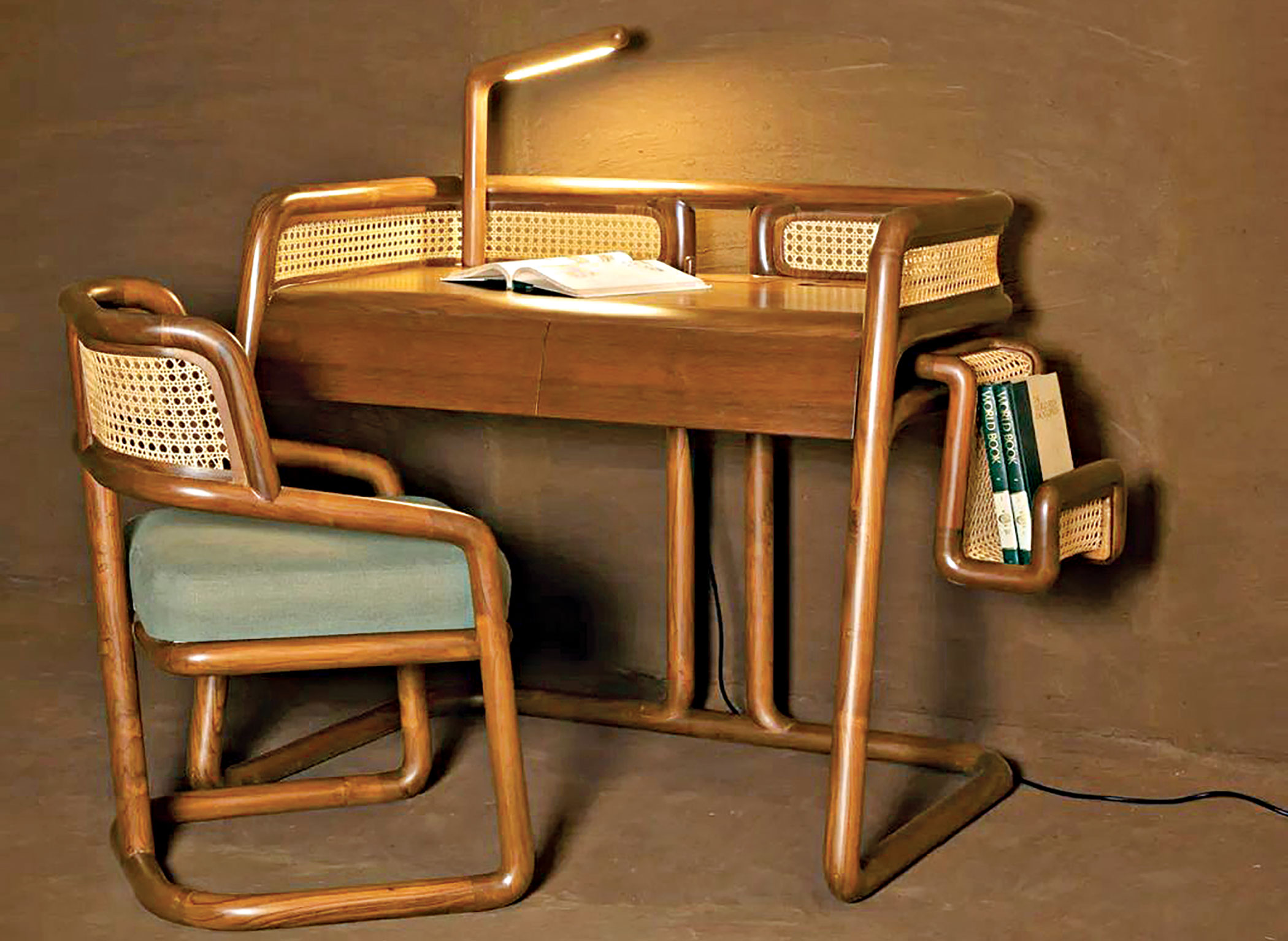
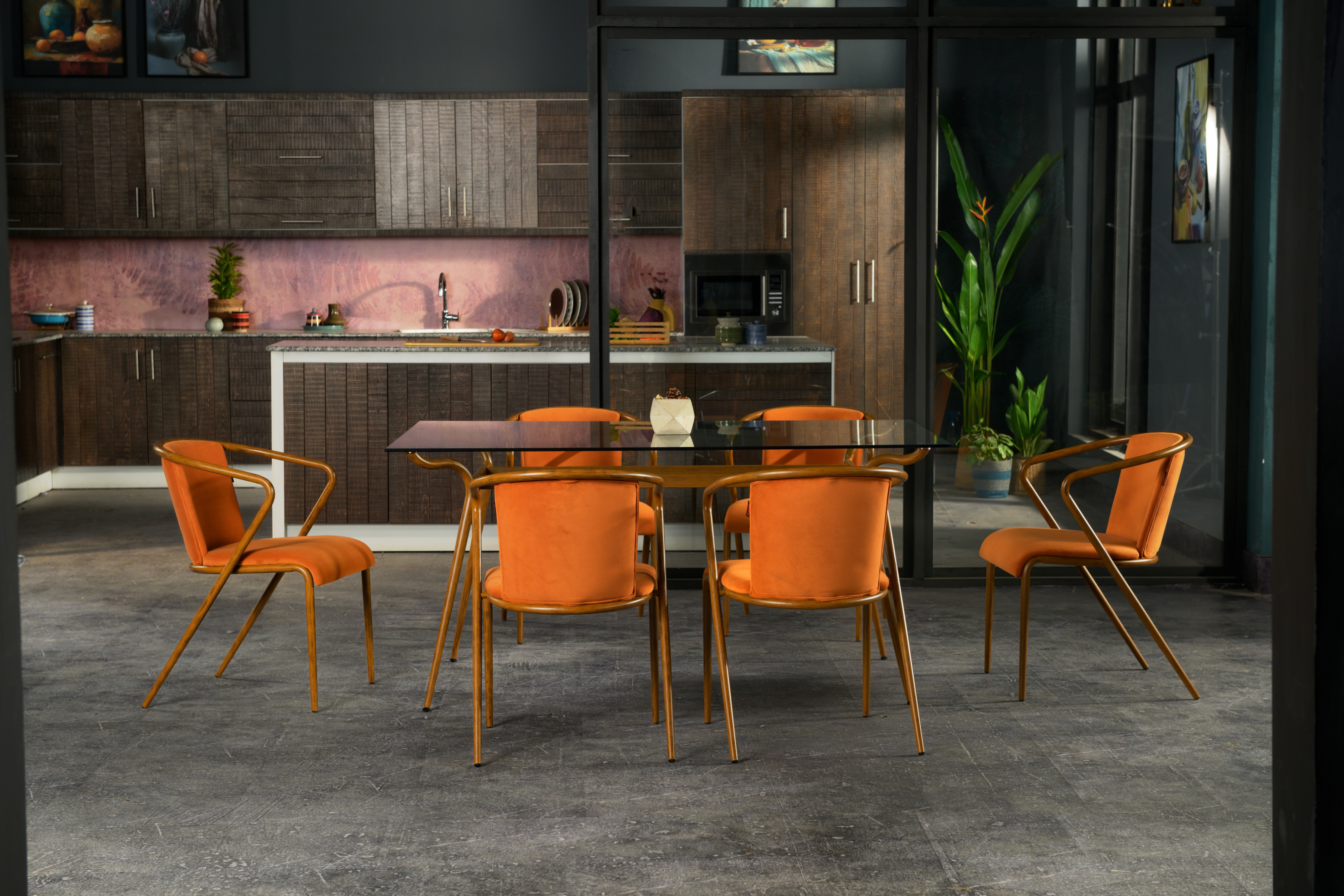
Comments